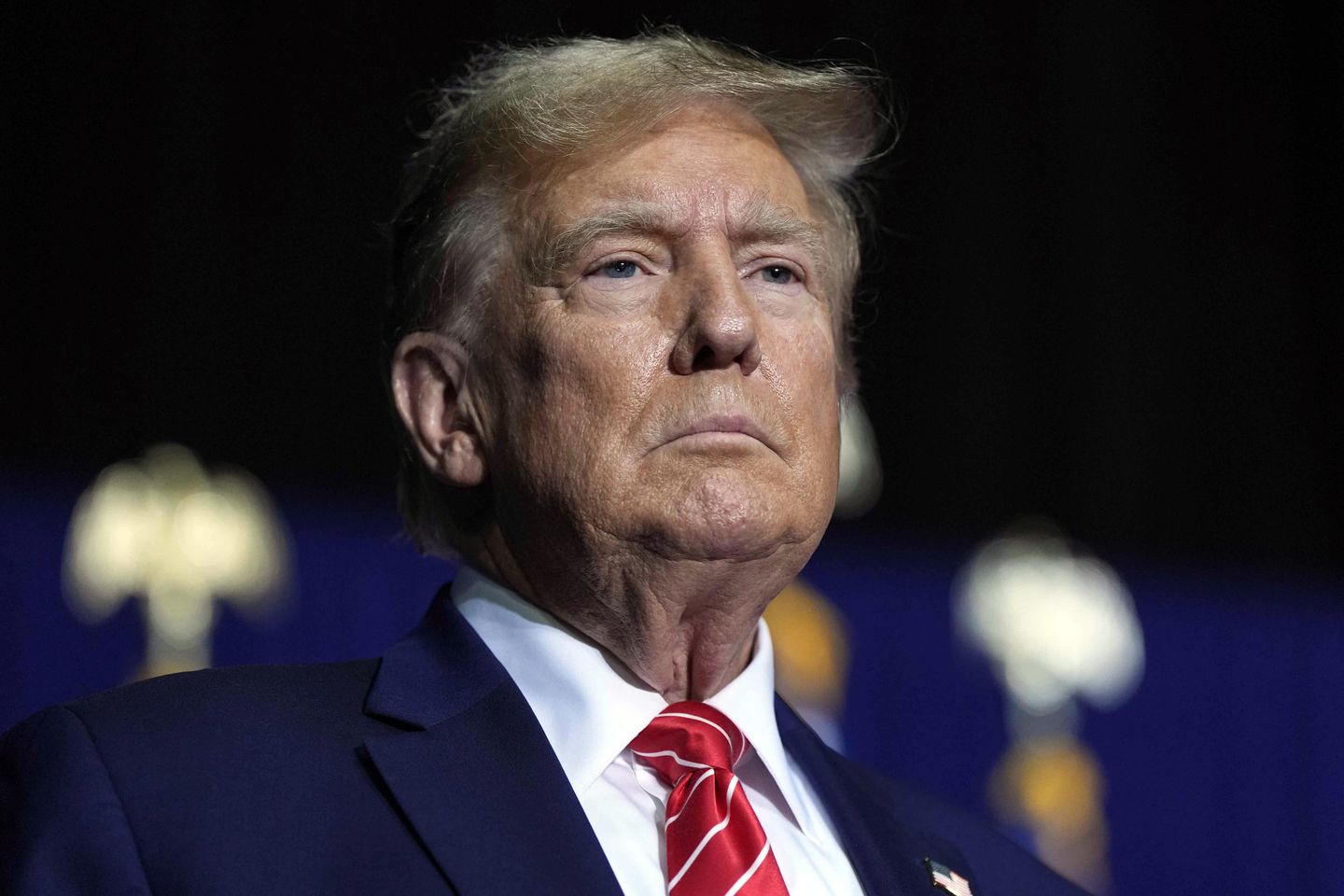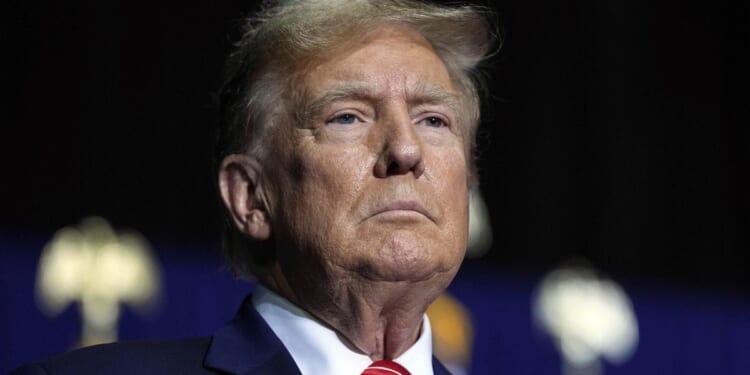
The Georgia election interference case against former President Donald Trump will resume its slow march to trial on Thursday, with the first major arguments since a judge allowed Fulton County District Attorney Fani Willis to remain on the case.
Mr. Trump’s lawyer will try to get the indictment dismissed by arguing the ex-president’s efforts to contest his 2020 election loss were protected under the First Amendment.
“The core political speech and expressive conduct alleged in this indictment against President Trump are protected from government regulation and thus criminal prosecution by the State,” attorney Steve Sadow wrote in the motion he filed last year.
“Criminalizing President Trump’s speech and advocacy disputing the outcome of the election — while speech endorsing the election’s outcome is viewed as unimpeachable — is thus blatant viewpoint discrimination,” Mr. Sadow wrote.
The effort predates a separate push to dismiss the indictment over Ms. Willis having dated Nathan Wade, a special prosecutor on the case who received taxpayer money.
Defense lawyers said the relationship gave the pair a financial incentive to prosecute Mr. Trump and his allies. But Fulton County Superior Court Judge Scott McAfee ruled Ms. Willis could remain on the case if Mr. Wade resigned.
Mr. Wade stepped down hours after the order.
Defense lawyers plan to appeal Judge McAfee’s decision, but the underlying case is getting back on track with pre-trial motions and decisions.
Ms. Willis began investigating Mr. Trump three years ago for his efforts to pressure Georgia Secretary of State Brad Raffensperger to dig up enough votes to overturn what the former president called a rigged 2020 electoral victory for President Biden in the state. A grand jury last year indicted Mr. Trump and his associates.
Mr. Trump faces 10 counts in the case, including a violation of Georgia racketeering laws and several related to alleged conspiracies to commit forgery, make false statements and writings or make false filings.
Eighteen co-defendants face an assortment of charges that at times overlap with those against Mr. Trump.
Also Thursday, attorneys for the former chairman of the Georgia Republican Party will argue that he should not have been charged in the case.
Prosecutors say David Shafer was a key player in setting up fake electors to declare Mr. Trump the Georgia winner instead of Mr. Biden, such as reserving a room to certify Mr. Trump as the victor.
Mr. Shafer’s lawyers will argue he was attempting to comply with the advice of counsel and not part of a conspiracy that merited racketeering charges.












